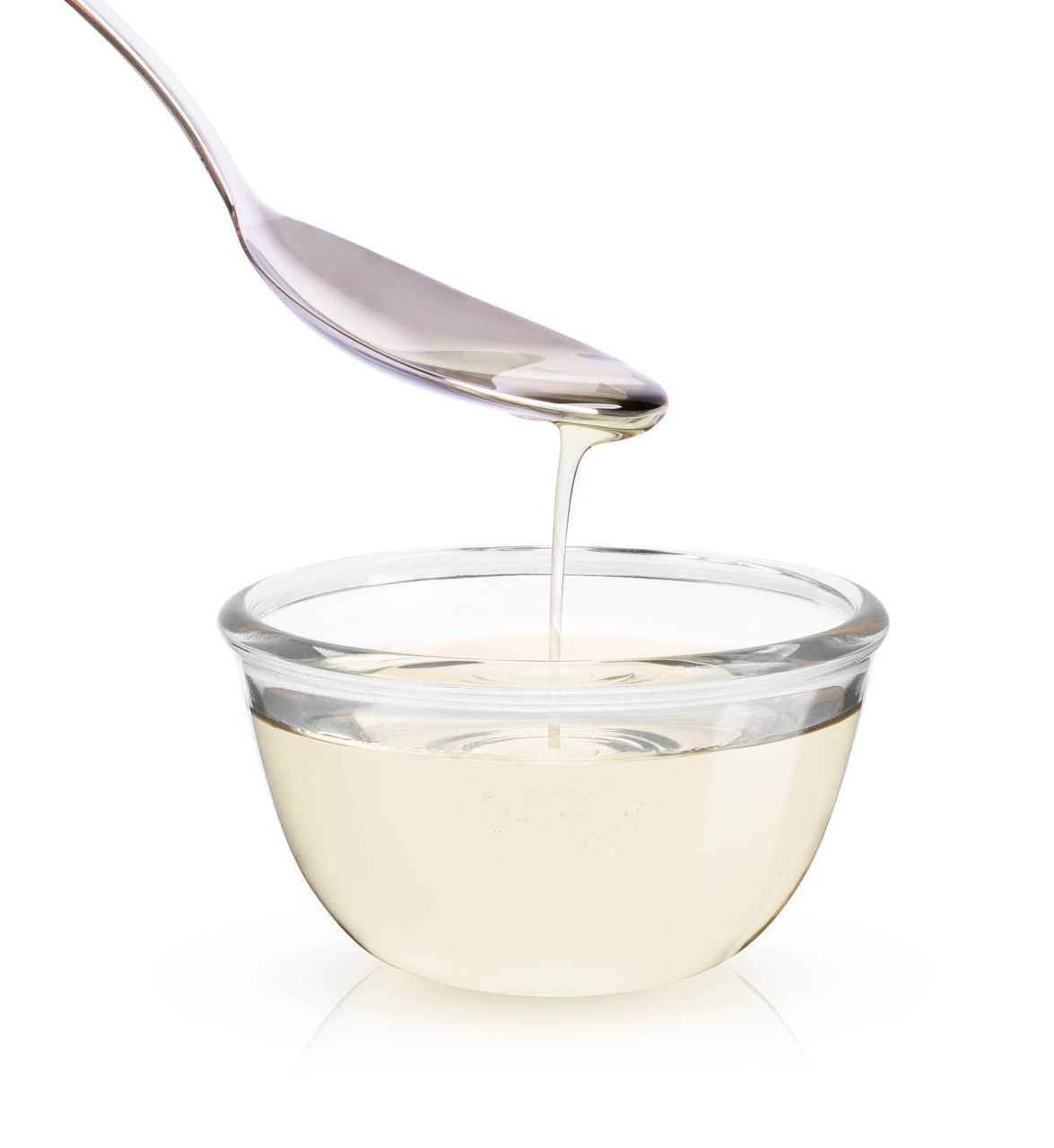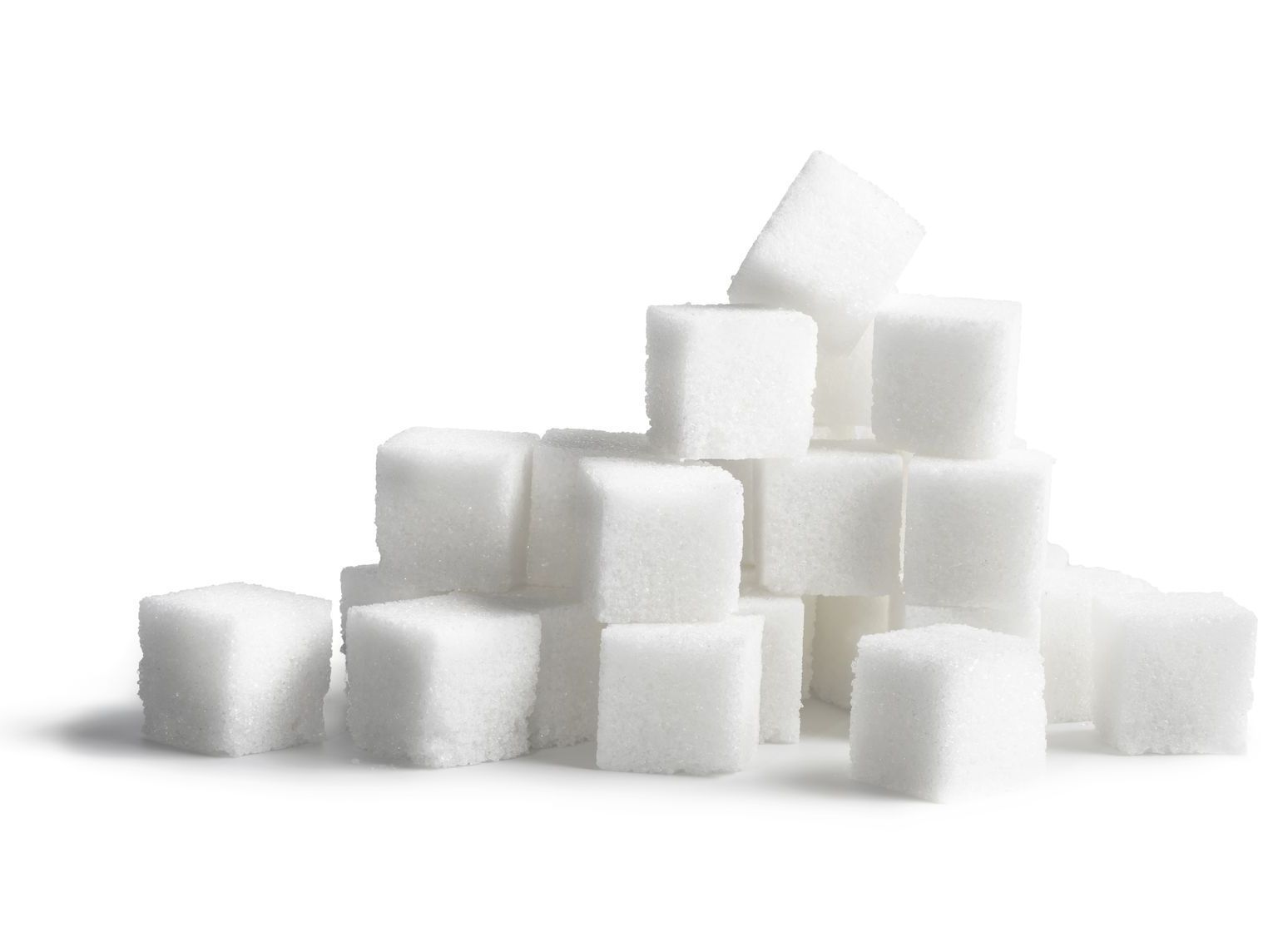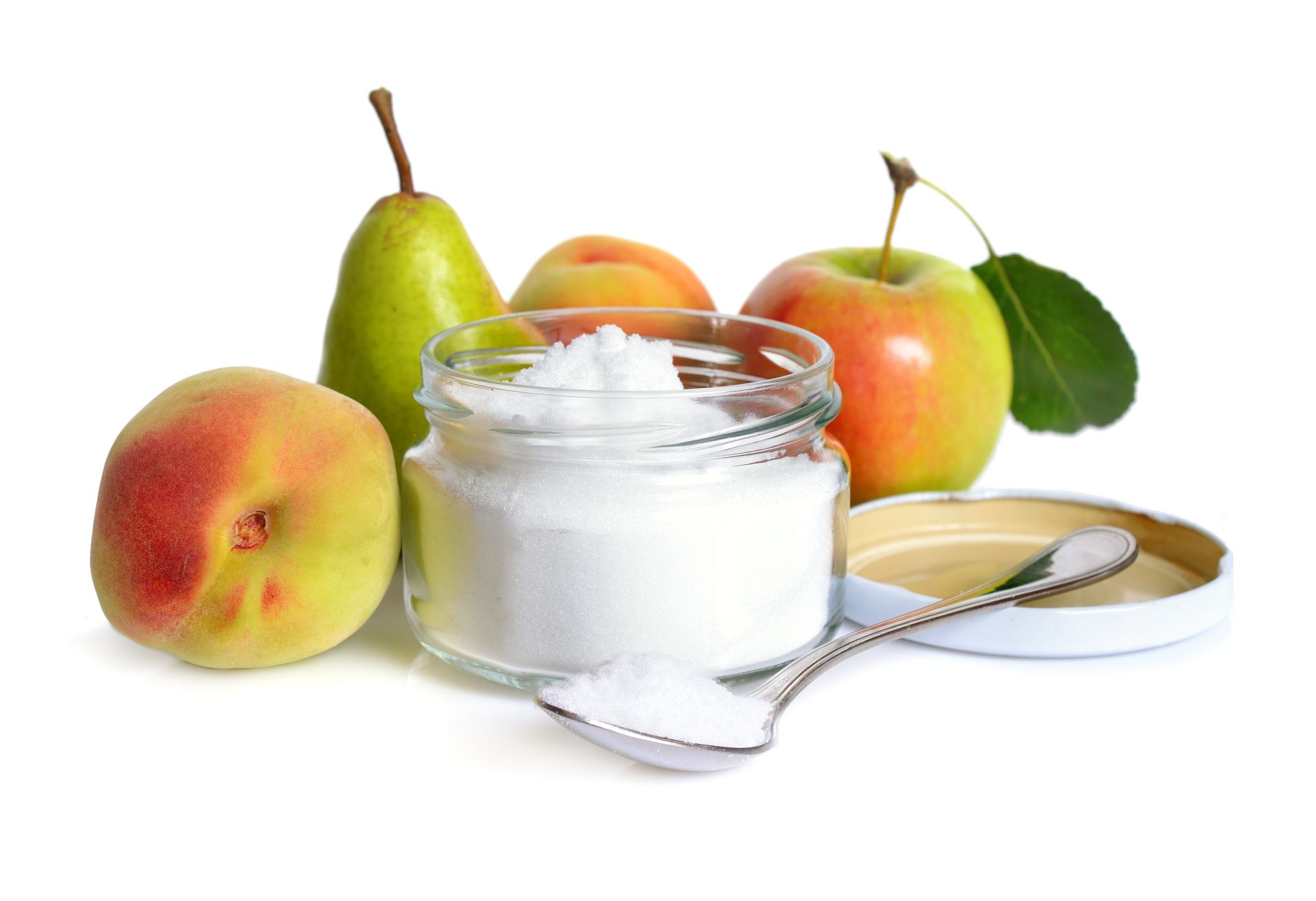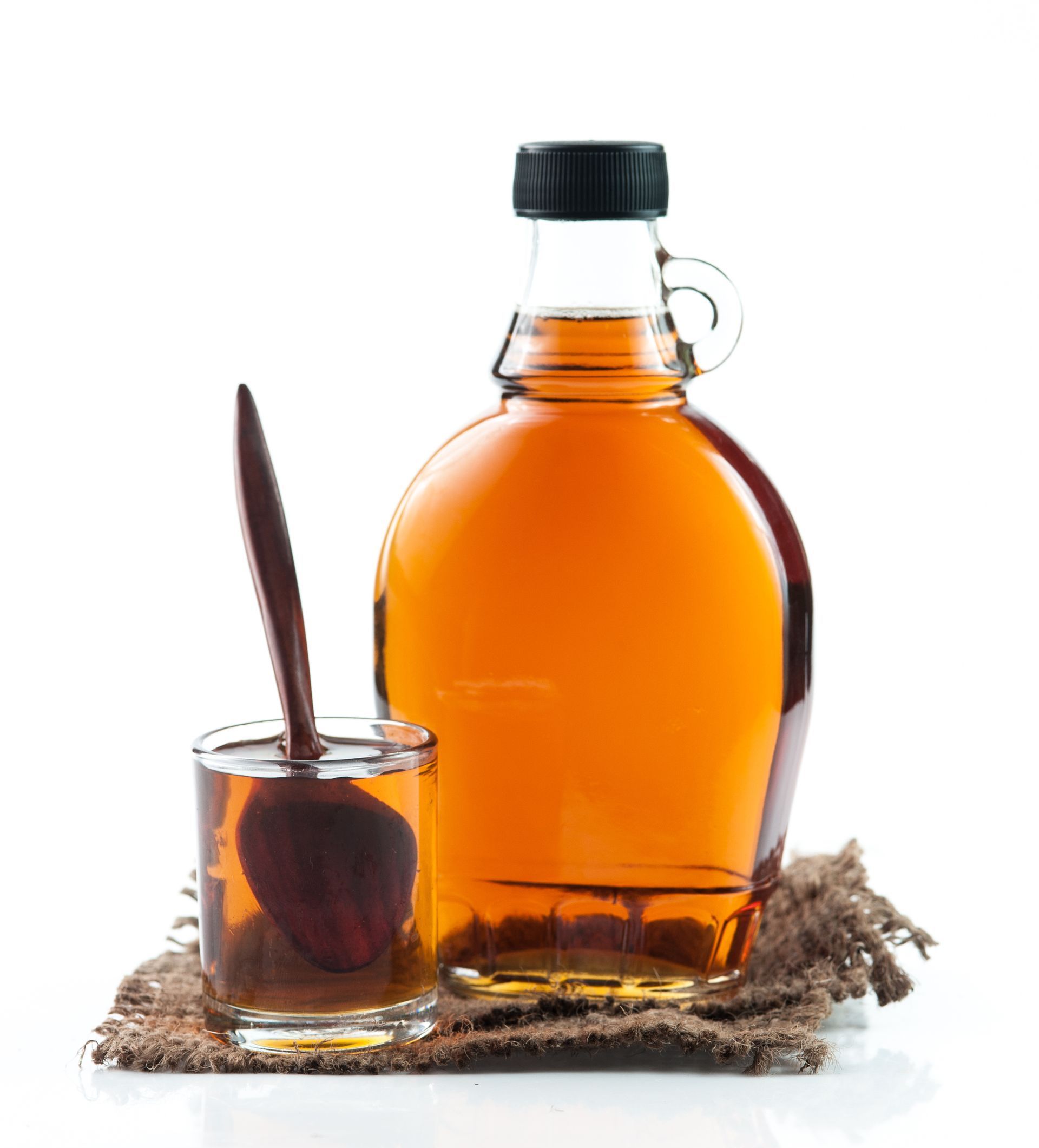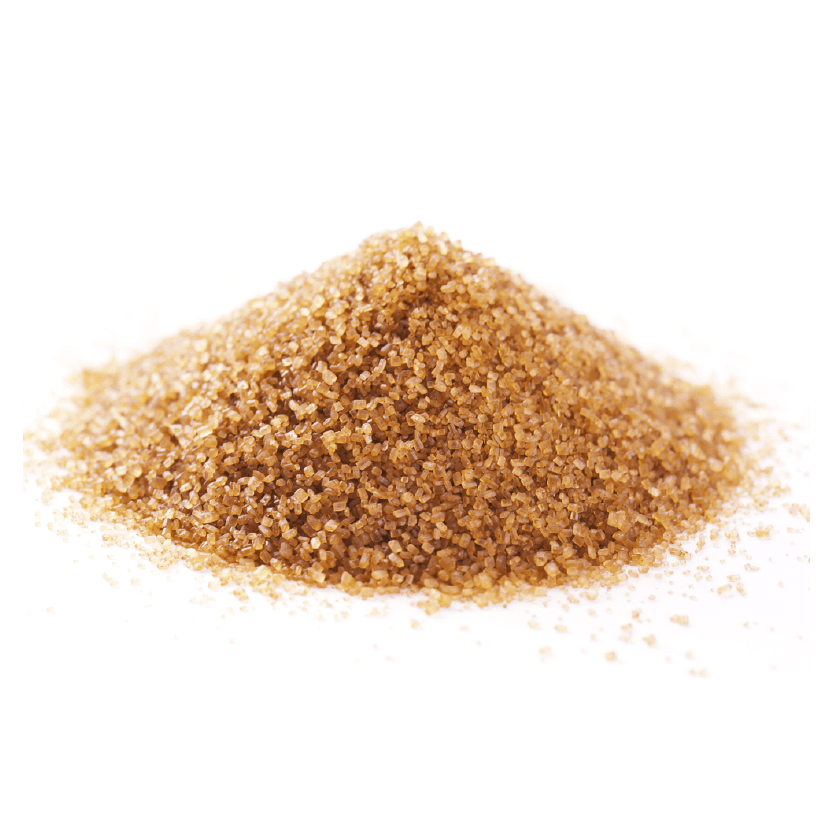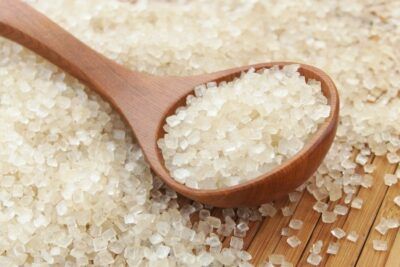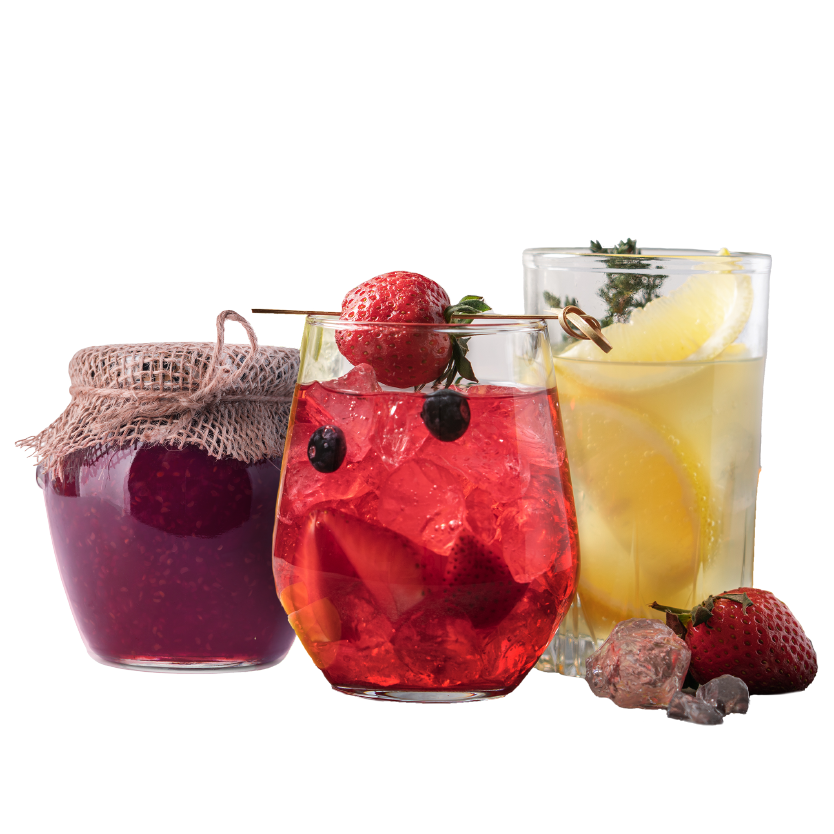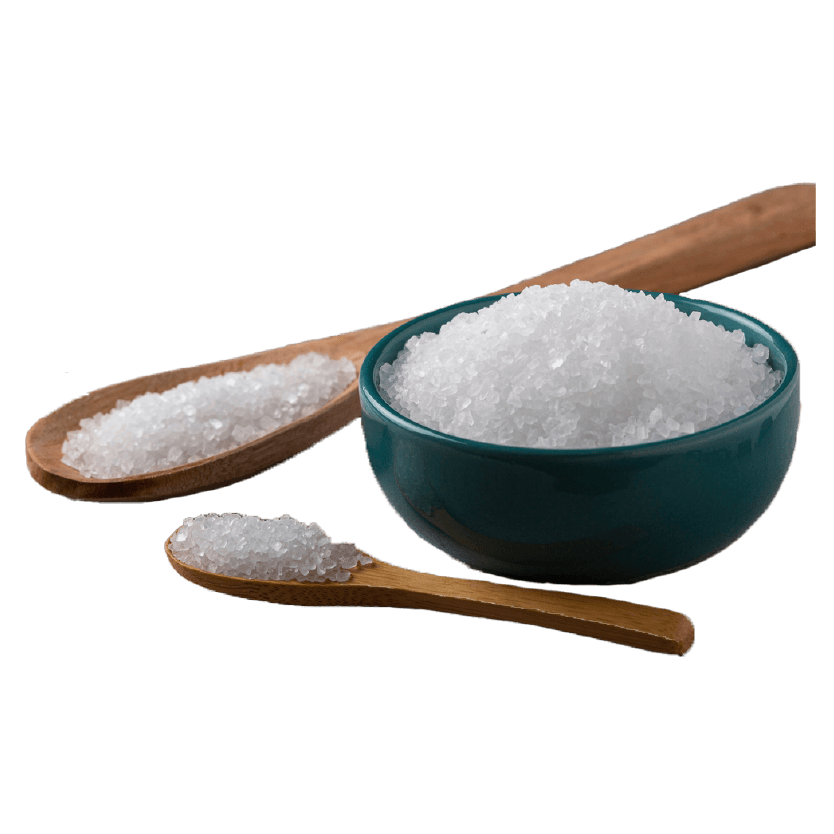Sugar for Fermentation Products & Non-Food
Does Fermentation Require Sugar?
Fermentation is a metabolic process that occurs when microorganisms, typically yeast, break down sugars such as glucose, fructose, or sucrose, into simpler molecules like ethyl alcohol and carbon dioxide. Yeast consumes the sugar, releasing enzymes that catalyze the breakdown of the sugar molecules into alcohol and other by-products. The process is anaerobic, meaning it occurs without the presence of oxygen.
During fermentation, the yeast converts the sugar into energy for its own use, releasing carbon dioxide and alcohol as waste products. This chemical reaction is what gives products like kombucha,
beer, wine, and other alcoholic beverages their characteristic flavors and intoxicating effects.
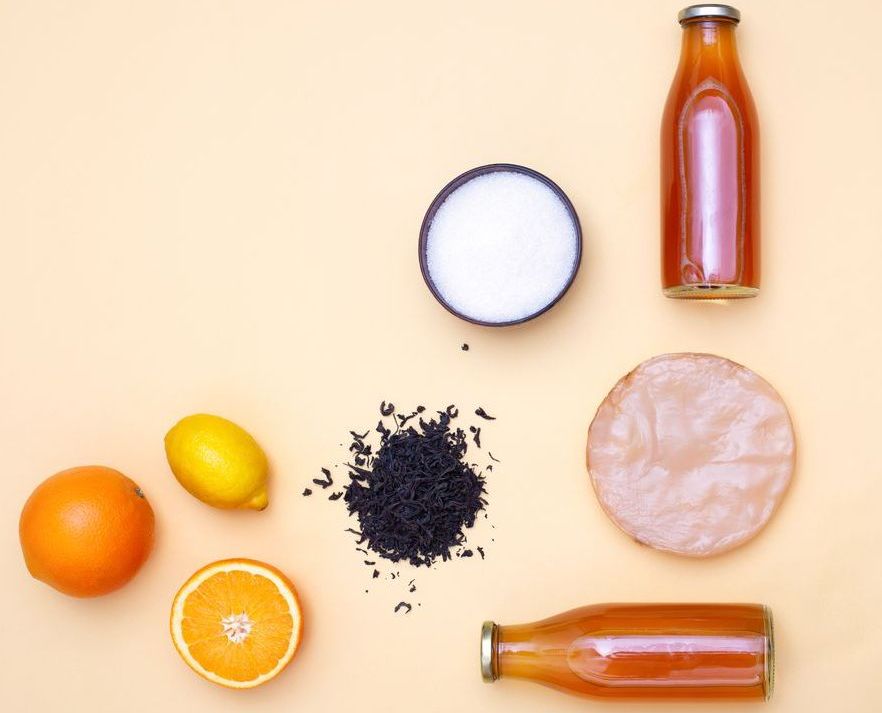
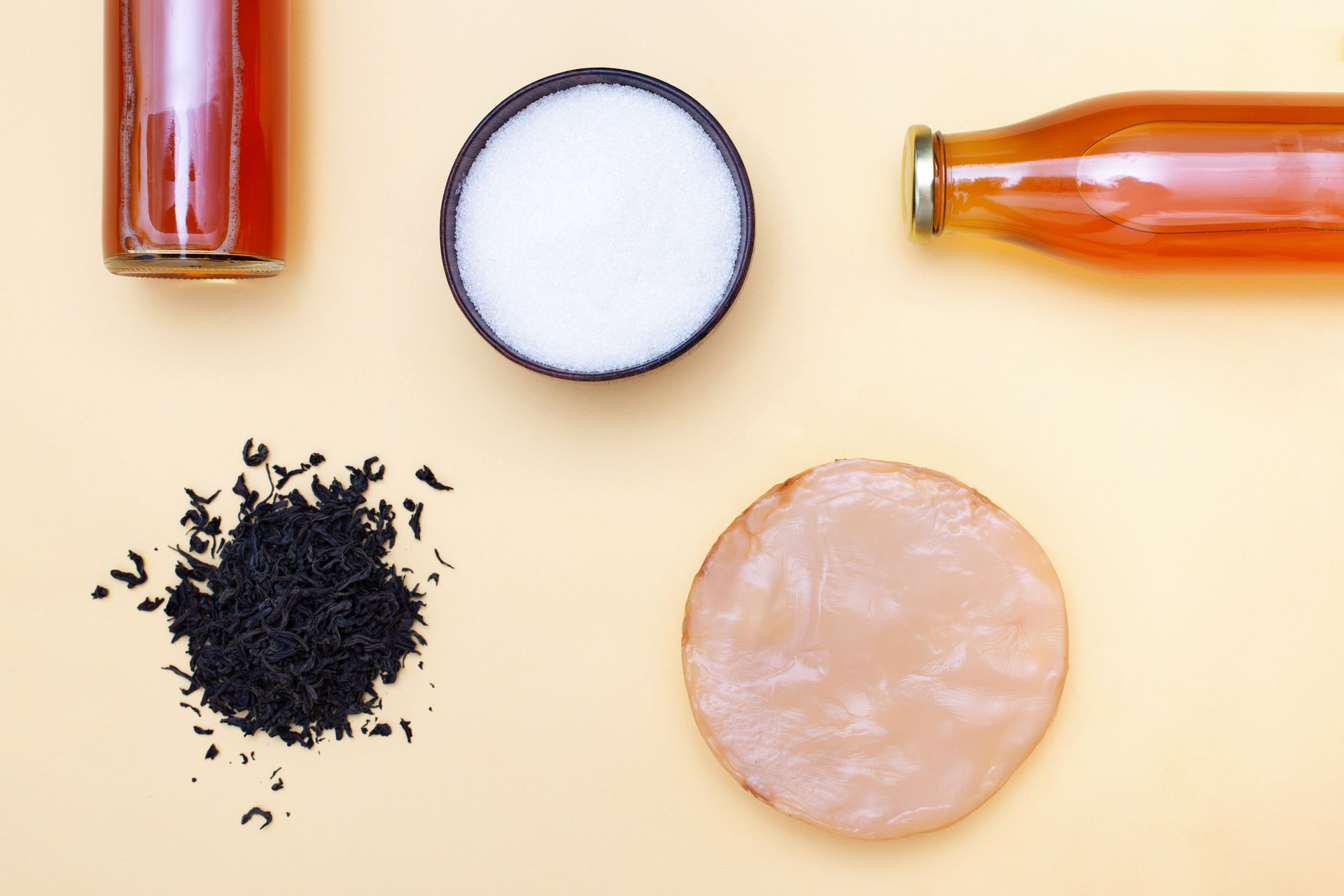
The Role of Sugar in Fermentation
Sugar is known for its sweet addition to any food or beverage, but most don't think about its usefulness in other food production processes, due to its chemical composition. Once the yeast breaks up the sugar molecules, it transforms into ethanol and carbon dioxide. The end product of ethanol is what's needed to create the alcoholic beverages we are all familiar with, such as wine and beer, or even kombucha and other foods like kimchi. Think of yeast as a living microorganism that essentially needs to be fed sugar. You can control the amount of ethanol you produce by the amount of sugar you add to the yeast. Once placed in an air-tight container, only the oxygen molecules found in sugar are needed for the process to begin.
Popular Sugars for Fermentation
Many types of sugars may be used in the fermentation process. There are two main families of sugar, monosaccharides and disaccharides. Most brewers and distillers gravitate toward monosaccharide sugars, but virtually any sugar can be used for fermentation, with varying results in taste, texture, and mouthfeel. Here are just a few popular sugars used.
Glucose
Glucose is a simple sugar that can be derived from various sources like starches or plants such as potatoes, grains, or corn. Dextrose, a form of glucose made from corn, is almost entirely glucose, making it a popular choice for beer fermentation. Being a simple sugar, glucose is readily available for use in fermentation without the need to be broken down first. This makes it a top choice for many.
Sucrose is made up of glucose and fructose and is commonly found in table sugar or regular cane sugar. During fermentation, sucrose is converted into its simpler forms, glucose and fructose. Although the beverage industry once disliked the taste of the final product when using table sugar, today cane sugar, brown sugar, molasses, and inverted sugar are popular options for fermentation.
Fructose is another simple sugar, but it is much sweeter than glucose. Its advantage is that it requires less product to achieve the same level of sweetness. However, you must be cautious while using fructose since yeast will ferment it much faster, leading to the production of vinegary, off-tasting finished products if not careful.
Other Sugars
Artificial sweeteners like stevia, sucralose, and aspartame will not ferment and should not be used in fermentation. Other natural sweeteners like honey and maple syrup can technically be used in some fermented products but may pose some difficulties due to the bacteria naturally found in these sugars.
Brown Granulated
Brownulated or Free Flowing brown sugar is a lower moisture version of ordinary brown. Free flowing brown sugar handles with less clumping and caking—ideal for automated weighing and scaling operations.
Con AA & Con A
Con AA and Con A are extremely pure, extra-large grain sugars, utilized for specific purposes. Beyond their unique uses, Con AA and Con A sugar have a few distinctive attributes.
Liquid Sucrose
This type of liquid sugar is produced by taking water and mixing it with brown or
white sugar.
Industrial Coarse
Full Invert Sugar is a premium, pure sugar solution that was developed to provide an alternative to granulated sugars. It is carefully produced with the finest sugar to provide consistent flavor
and color.
Common Non-Food Uses of Sugar
Humans need sugar for survival. It fuels the brain and is a vital source of energy for our bodies. This is because of the chemical composition of glucose. But the same properties serve purposes beyond human nutrition. Besides fermentation which we talked about above, sugars have other common non-food uses, ranging from basic household tasks to larger production needs.
- When combined with water or olive oil, sugar can clean stained clothing, dirty hands, or household appliances.
- Although sugar attracts bugs and pests, it can also be used to trap and kill unwanted bugs, especially when combined with baking powder. On a larger scale, gardens, nurseries, or even farms can sprinkle sugar over plants to rid of harmful pests and invite helpful microorganisms to stay.
- The pharmaceutical industry already uses sugar in medicines to improve taste, but adding a little more sugar is always harmless. If you are dealing with someone who stubbornly refuses to take medication, try adding a spoonful of sugar to help it go down easier.
- Sugar naturally extends the shelf life of many food products, but keeping loaves of bread and other baked goods in a sealed bag with some sugar cubes can make things last even longer.
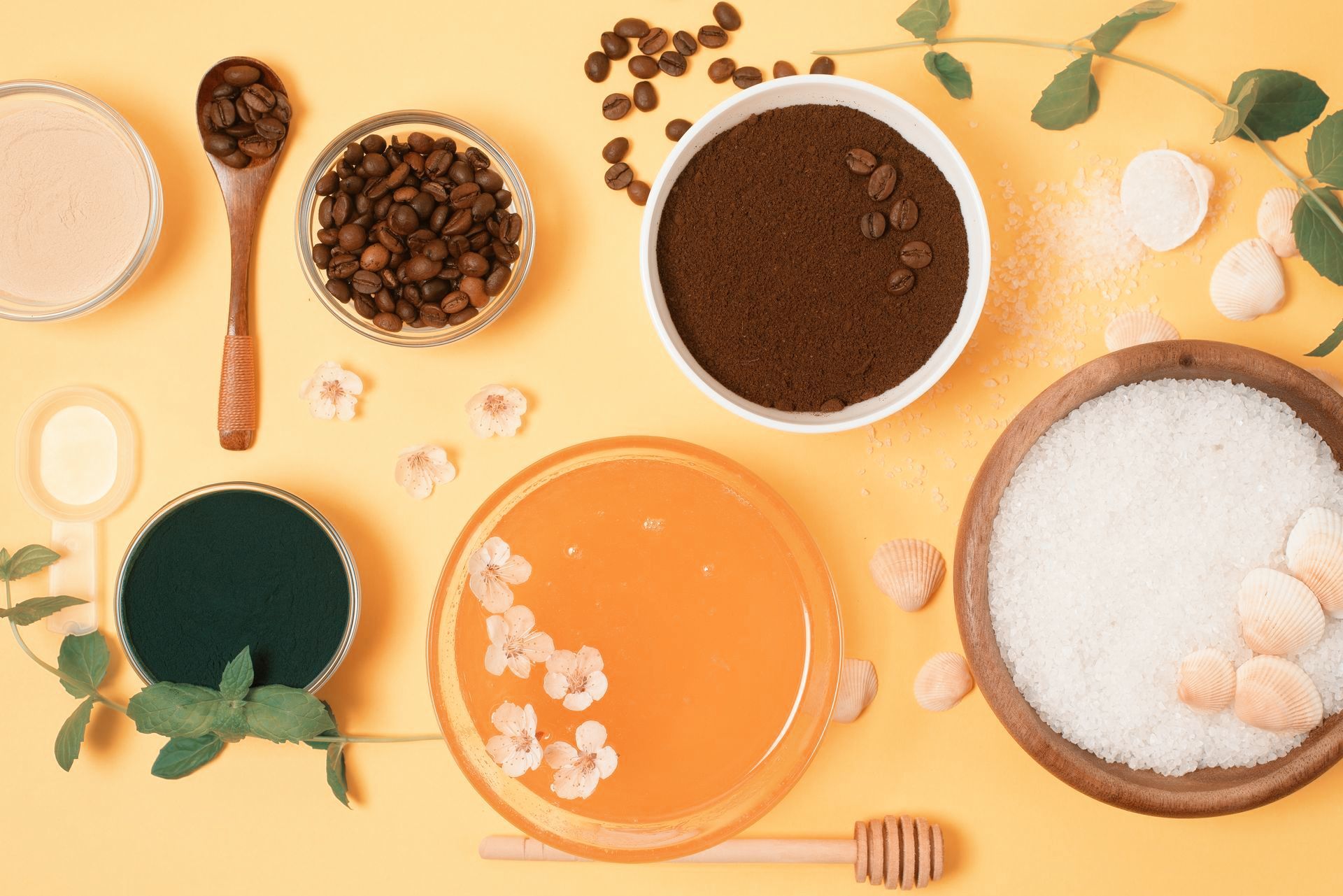
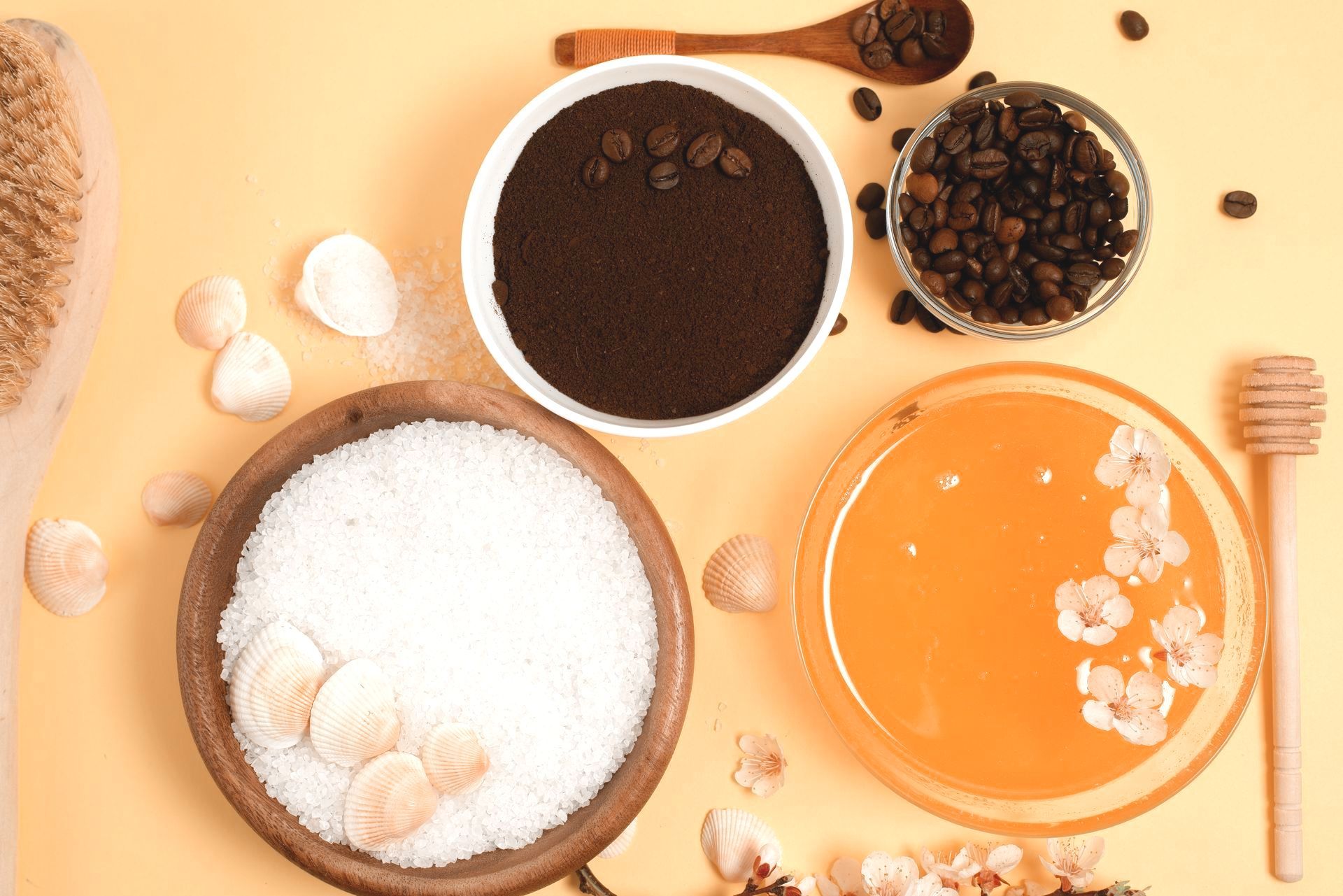
Where to Find Sugar for Fermentation Products & Non-Food Products
The application of sugar extends through so many different industries, so why not trust the company that has seen it all? We at Indiana Sugars have been in business for nearly a century, and we've met the various sweetener needs of both food & beverage and non-food industries. No matter what you might need sugar for, you might as well make sure you're getting the best quality ingredients available. That's our guarantee. If you're looking for timely shipments and a true, reliable partnership that will match you with the products you need, get in contact with us today!
Explore our selection of sugar and sweetener products and ask about our bulk shipment options so you never need to worry about running out of product when you need it most. Feeling overwhelmed? Contact us to find the products that will work best for any of your needs and we will get you set up with your first shipment.
Why Indiana Sugars Sweeteners?
Timely Shipments
When you call in your order we respond quickly. In most cases, we deliver to you within 24 hours if you are within a 300-miles radius.
We Know Your Business
Offer the highest quality products, best prices, and on-time delivery that consistently meet and exceed your expectations.
Highest Quality Products
Before you receive a shipment, we have already tested it in our own laboratory. We know how important freshness is to you.
Contact Us
We operate in an industry built on trust and our sugar company’s DNA was built on trust over 99 years ago. This trust can only be achieved through communication and experiences support – from the first contact.
Animal Feed Industry - Contact Form
We will get back to you as soon as possible.
Please try again later.

